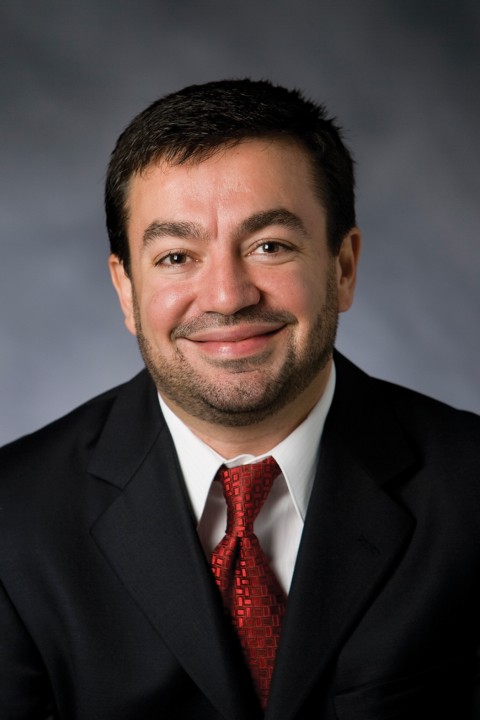When Muslims talk to Zionists
“It’s one thing to say you support a two-state solution. It’s another thing to go to Israel and study Judaism.”

Imam Abdullah Antepli grew up in southeastern Turkey and moved to the United States in 2003 to study at Hartford Seminary. He became the Muslim chaplain at Wesleyan University and in 2008 was named Muslim chaplain at Duke University, where he is now director of the university’s Center for Muslim Life and teaches at Duke Divinity School. He is founder and board member of the Association of College Muslim Chaplains. Since 2013 Antepli has been codirector of the Muslim Leadership Initiative at the Shalom Hartman Institute, a program that brings North American Muslim leaders to Jerusalem to study with Jewish scholars, focusing on the history of Israel and Judaism and issues facing the people of Israel and Palestine.
What launched you on your path toward seeking interfaith understanding?
The Turkey I grew up in had attempted to create a mono-religious and mono-ideological society, but many in my generation, which grew up in the 1980s, rebelled against the forced homogeneity. Personally I always found similarities boring and cross-religious, cross-cultural, cross-racial conversations incredibly enlightening. Those who were different from me were like a mirror in which I could see myself. There is something innate in me that is attracted to things that are different from myself.





